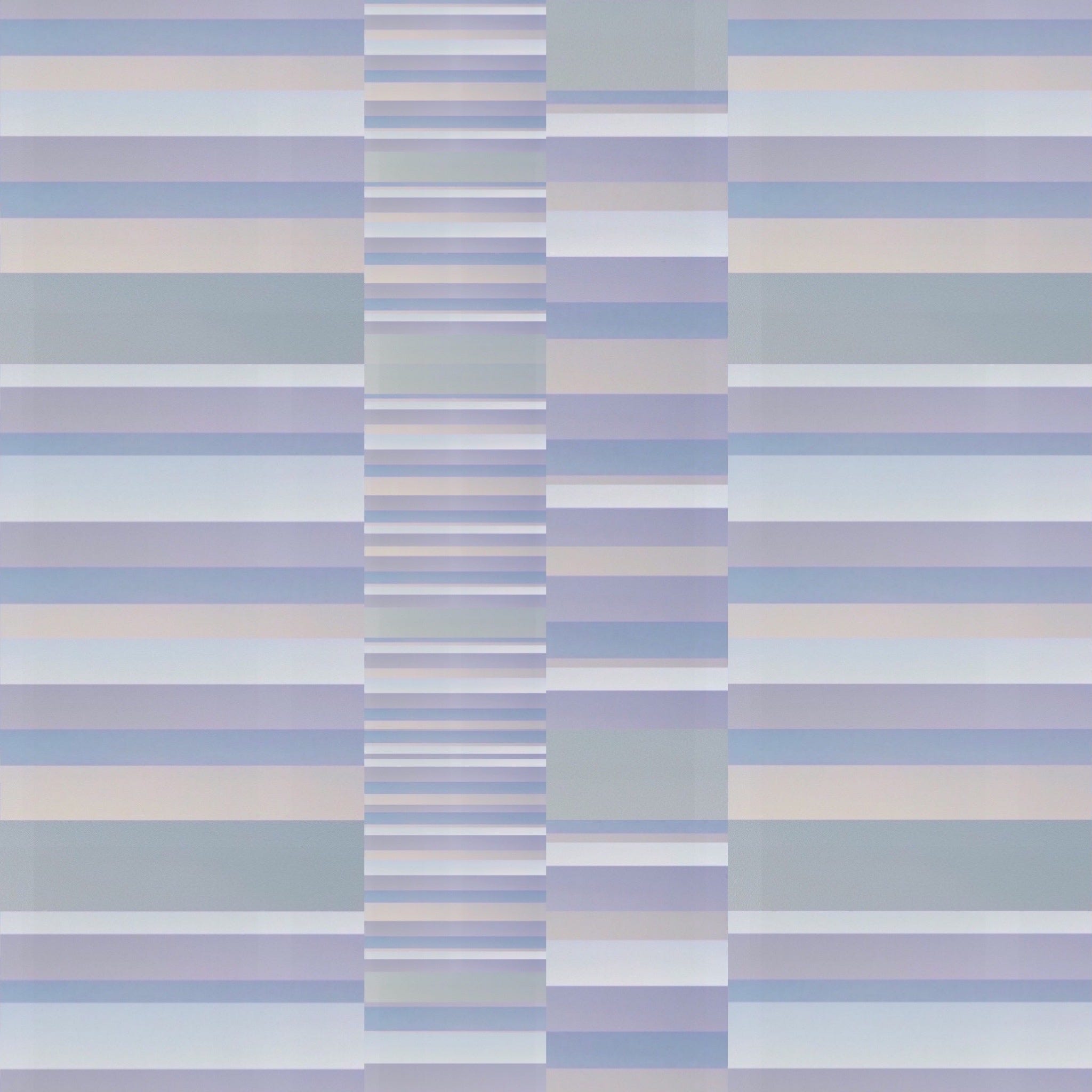
Autumn is expiring in the Northern Hemisphere, the cold of winter is more noticeable in the air.

Autumn is expiring in the Northern Hemisphere, the cold of winter is more noticeable in the air.
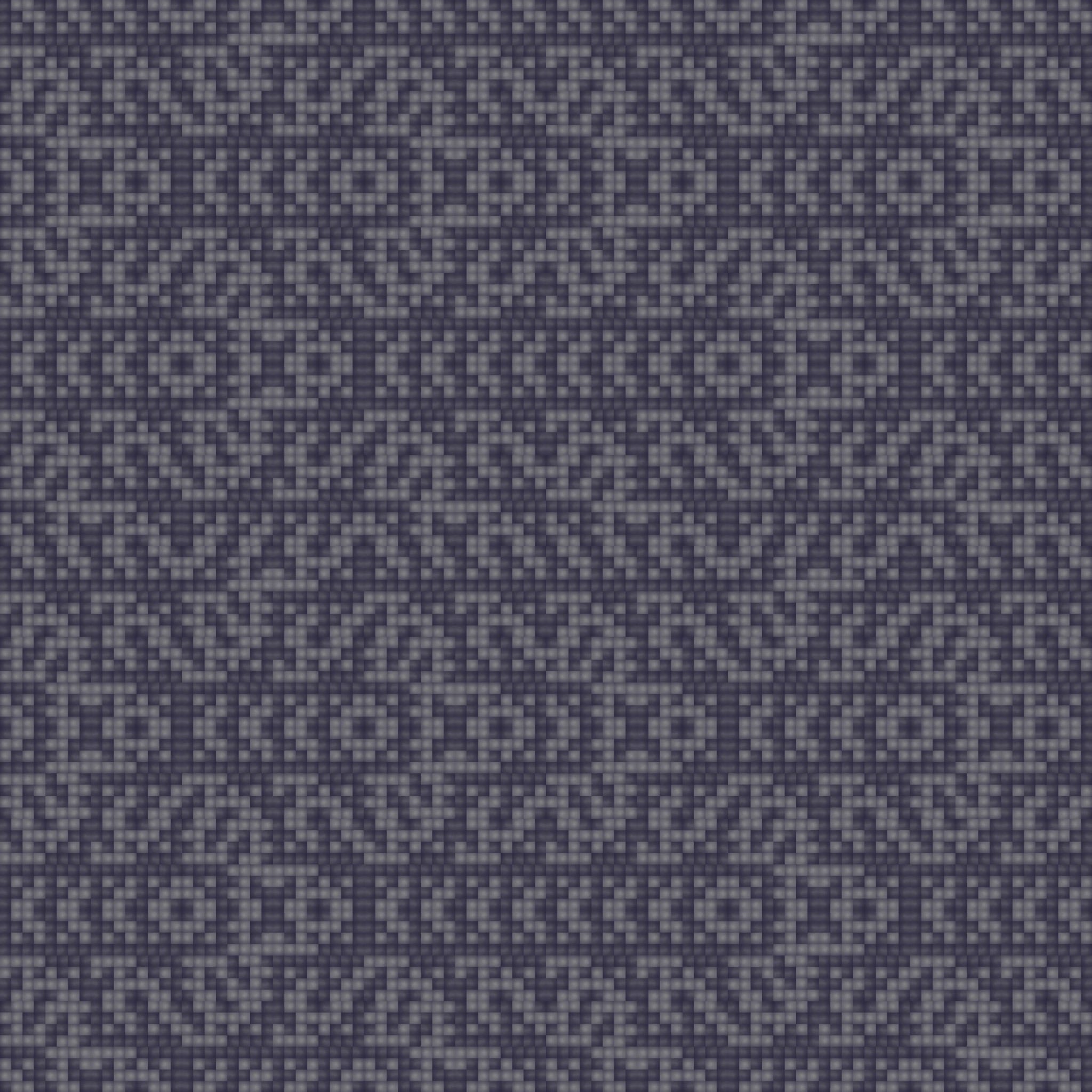
A key theme across these notes is moral agency. Rarely do we determine the conditions in which we act, but this does not absolve us. The circumstances may be more or less extenuating, yet we always have a choice. Recognising and accepting our agency, and the responsibility that flows with it, is a necessary part of acting in the world. The macro is made up of the micro.

Bertolt Brecht once stated, ‘to those who do not know the world is on fire, I have nothing to say.’ Given his was writing in the first half of the 20th century, such an observation is understandable. What would Brecht say today? Whether looking at the spread of COVID-19, increasing signs of social unrest, or the very direct and immediate consequences of climate change, the image of fire has both real and metaphorical resonance.

I recently finished revising an article on democracy, a theme that has long been at the centre of my research. In recent years, however, I have been writing and thinking less about it. Partly this was feeling a bit done with the topic after my book (now available for free in PDF / ebook format), but also because it became a bit trendy to start penning pieces about all of democracy’s woes and flaws.
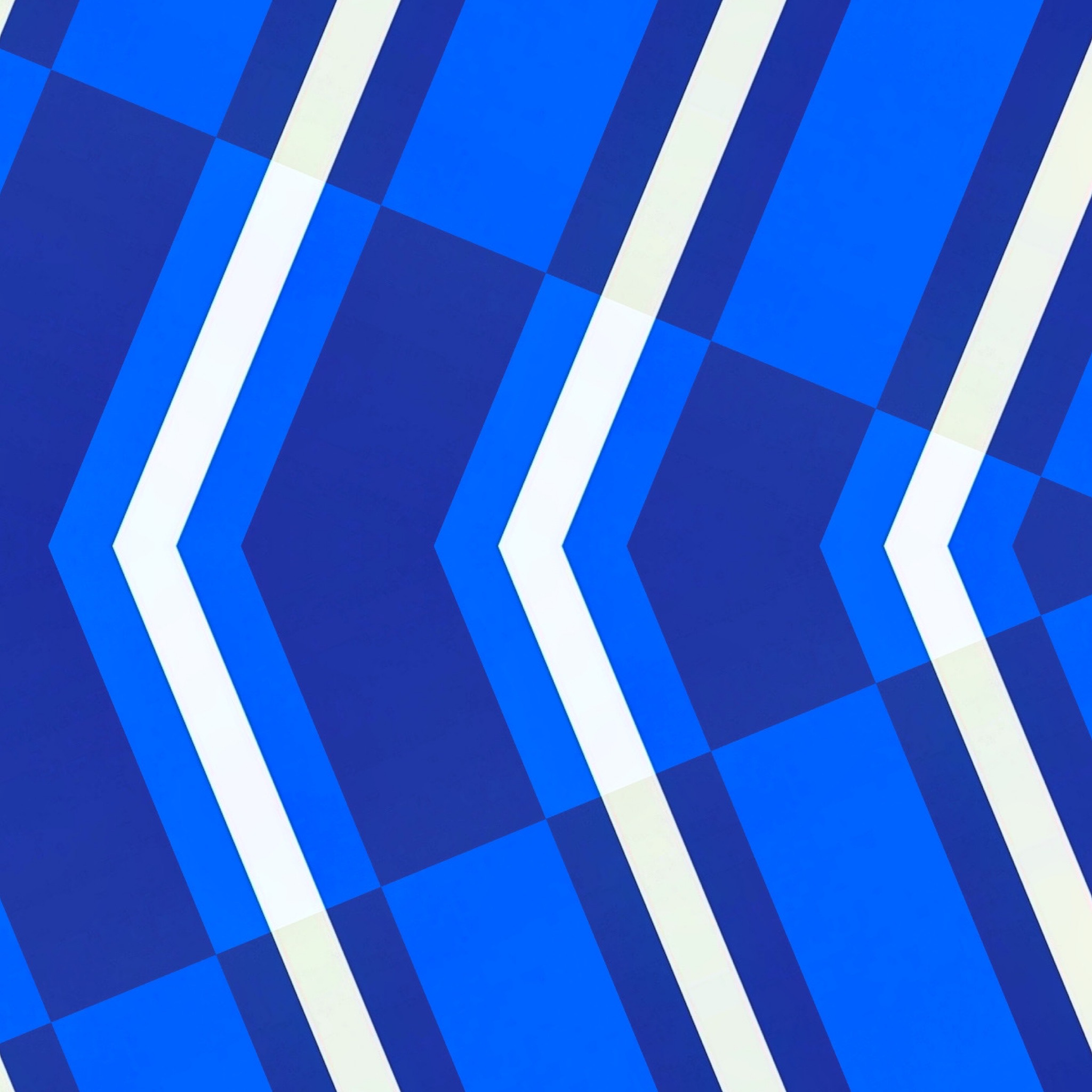
The Captive Mind by the poet Czeslaw Milosz is a remarkable set of reflections on the way Polish people dealt with their country being ripped apart first by the Nazis and then the Communists. Considering the experience of the Second World War, he wrote, ‘for five and a half years we lived in a dimension completely different from that which any literature or experience could have led us to know.

This radiant scene is taken from the ‘Record of the Garden That is Not Around’ by Liu Shilong, a remarkable piece written by a scholar in late-Ming China (early 17th century). The garden captured my attention when I found a brief reference to it in the wonderfully titled, The Hall of Uselessness , a collection of essays by Simon Leys.
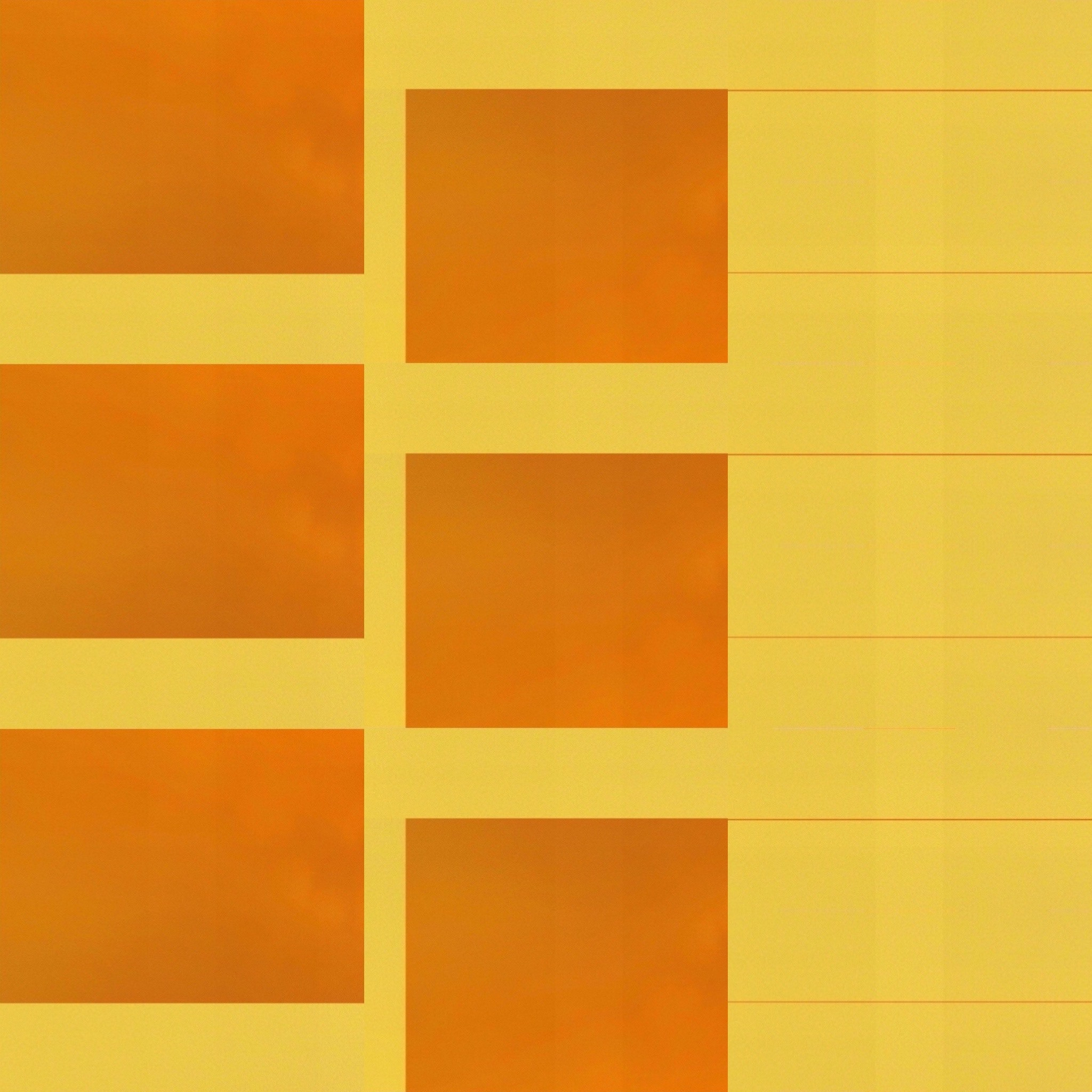
On a hot and humid summer day I found myself in a gently decaying resort town not too far from Tokyo. Like many such places in the countryside of Japan, it offers a faded reminiscence of a different moment. It is challenging to fully imagine what it all would have looked like new; the difficulty it has had with aging suggests a rather garish youth.

We are responsible for the world we live in. We are part of it, it is part of us. Things may happen, but they do not always just happen. We force, push, will, encourage, facilitate, coax, and very often we simply let things happen. And with each moment, a new turn in the garden of forking paths. Together, combined, these decisions all add up to make the world we inhabit.
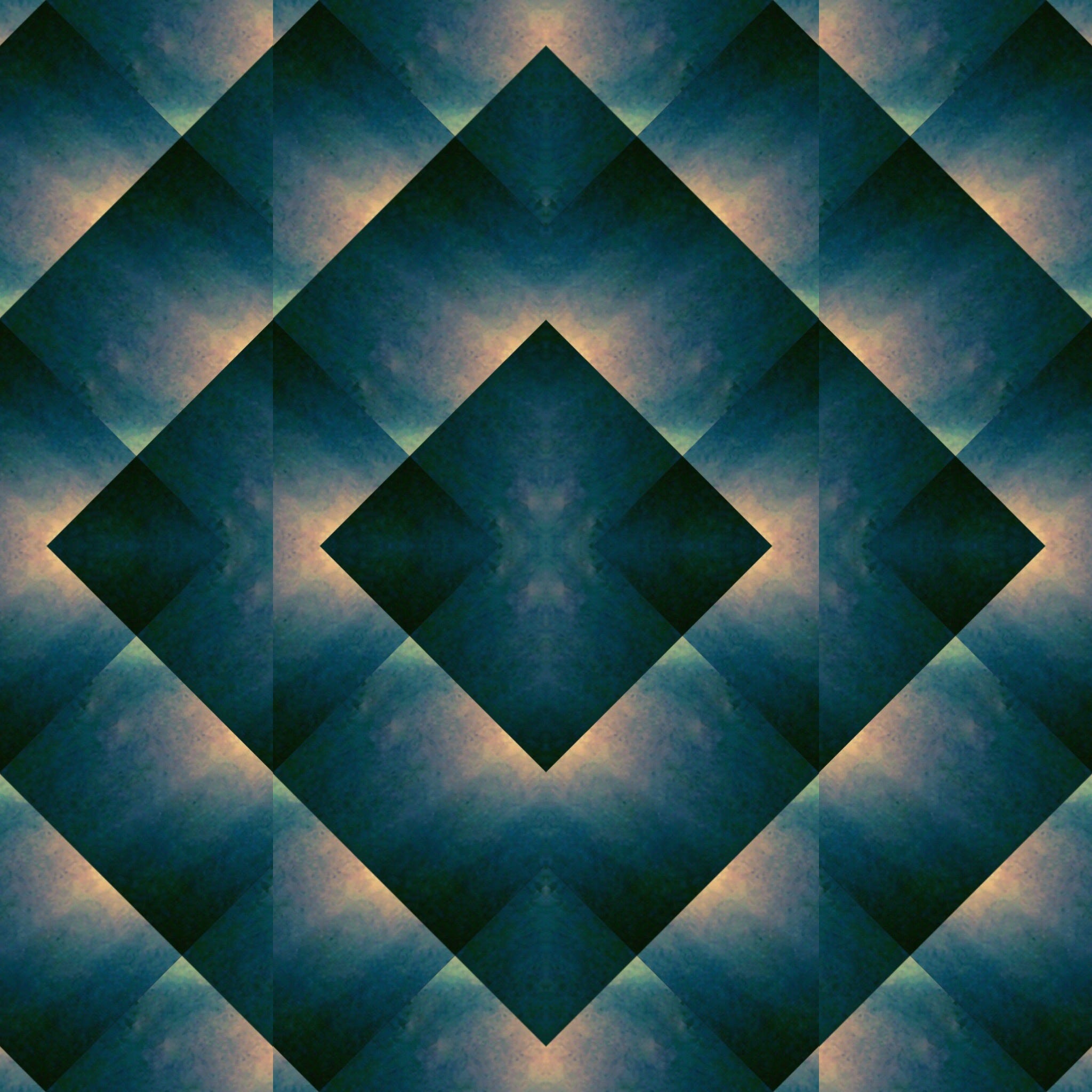
Hic sunt dracones (here be dragons) is a term originally thought to be placed on medieval maps to mark out unknown or dangerous territories. Various types of monsters fill in the edges, a powerful illustration of attempts to grapple with the limits of knowledge and experience.

Leo Tolstoy asked in 1886, ‘What then must we do? What must we do?’, noting that the question was inevitably paired with ‘an admission that our way of life is wrong and bad, together with a suggestion that all the same it is impossible to change it’. That Tolstoy judged a resolution impossible but still sought one suggested that even more improbable would be not asking the question in the first place. The call to act hangs in the air;

How to capture the present moment? The drift, the disconnect, the gap… The pandemic rolls on, in some places life coming back to normal in stops and starts, elsewhere no end in sight, collectively what appears like limbo is, on closer inspection, movement is occurring, just perhaps not where and how we want. At some point, a normality of sorts will return, much of the old, a bit of the now, some new too, stuck together unevenly.